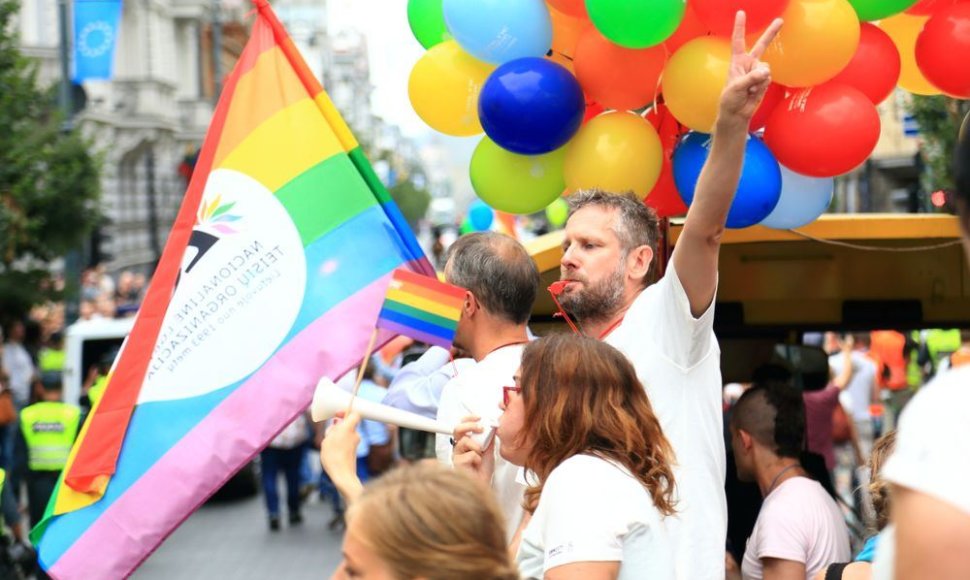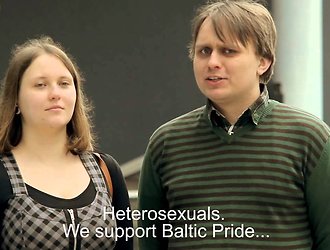In July, the Lithuanian Gay League (LGL) turned to the Inspector of Journalist Ethics, appealing against the channel's decision to impose restrictions on video ads on a planned gay pride parade in Vilnius. The LRT had decided to broadcast the video late at night, citing a law for protecting minors against harmful information.
"The decision was to recognize the Gay League's complaint as unfounded, taking into account the fact that the dispute centered around the non-publication of information, and the law does not provide for any obligation to publish it. In other words, it was more of a dispute between a contractor of an advertisement video and a broadcaster," Deividas Velkas, an adviser to the inspector of journalist ethics, told BNS on Monday.
The inspector's decision can be appealed to a court.
"The videos provided by the LGL to the LRT promote same-sex relations. The videos potentially encourage the concept of entry into a marriage and creation of a family other than the one stipulated in the Constitution of the Republic of Lithuania and the Civil Code of the Republic of Lithuania," LRT Deputy Director General Rimvydas Paleckis has said in a letter to the Lithuanian Gay League.
Meanwhile, the Lithuanian Gay League dismissed the decision as ungrounded and discriminatory. The organization maintains the video does not urge anyone to enter into family relations and only show that there are people of different sexual orientations and sexual identities in Lithuania.
Produced with financial help from France, the video features Lithuanians stating their sexual orientations and support for the Baltic Pride March for Equality.
The Baltic Pride march took place in Vilnius on July 27 and was attended by about 500 LGBT people and their supporters. A similar number protested against the parade, including a few dozen who were detained for minor violations. No major outbreaks of violence were reported.
In broadcasting the promotional video after 11 PM, television chiefs quoted the controversial Law on Protection of Minors from Negative Public Information which limits, among other things, messages that "berate family values, promote different notions of marriage and family than that established in the Constitution and the Civil Code of the Republic of Lithuania." Critics say the rule is a thinly disguised attempt to restrict information on LGBT issues.













